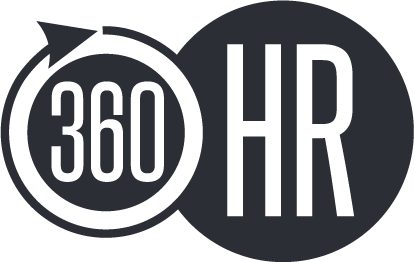There is so much information freely available for job seekers attending interviews. Everything from appropriate clothing, suitable handshakes, breath fresheners and answering tricky questions (and COVID-19 information).
Unfortunately, interviewers do not have much access to advice on how to conduct effective interviews.
Not only are bad recruitment decisions, which start with an unreliable interview process, costly but may also be regarded as discriminatory in terms of labour legislation.
Here are a few guidelines to assist in correctly aligning interviewing with your recruitment and selection process.
Review the candidate’s CV before the interview. It saves time and shows the candidate you are prepared. It also allows you to highlight concerns and focus areas to address during the interview.
Be punctual and extend courtesies to the candidate on arrival, such as asking if they have been offered a cup of tea and finding out if they had difficulty locating your premises / are enjoying the hot weather. This should also be adapted for online interviews. Always make the candidate feel comfortable. Start an interview off with a relevant personal story or “ice breaker” / anecdote. Find mutual interests in their CV to initiate the discussion.
Introduce yourself and the members of the panel, if any. Give names, surnames and designations. It is beneficial to provide the candidate with the panel details before the interview. Explain how you fit into the organisation and if the role reports into you or one of the panel members.
Outline the interview structure for the candidate. Give a brief description of the company, the department and why the role is available. Briefly explain whether it is a replacement or new role and what your expectations are from the candidate. Outline challenges you have been experiencing with the role or the candidates you may have already met. It is a good idea to ask the candidate what they know about your company. Tell the candidate they are welcome to ask questions during and/or at the end of the interview.
Ask behavioural questions with specific examples relating to the job. Avoid asking questions that require a one word or ‘yes’ or ‘no’ response. Let the candidate do most of the talking. Keep all your questions job related and do not ask questions that may be deemed to be discriminatory, such as, “do you plan to have children?”, “do you belong to a trade union?” or “did you watch the rugby on Saturday?”
Look out for non-verbal gestures such as body language, tone of voice, manners, how the candidate is dressed.
Always provide feedback as soon as possible after the interview.

